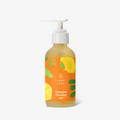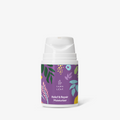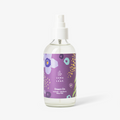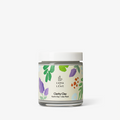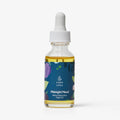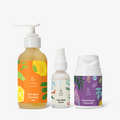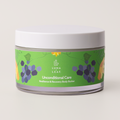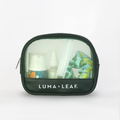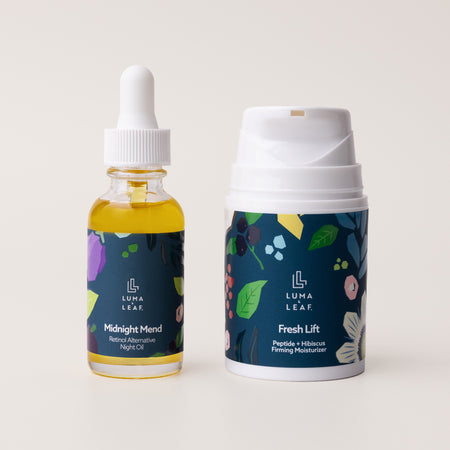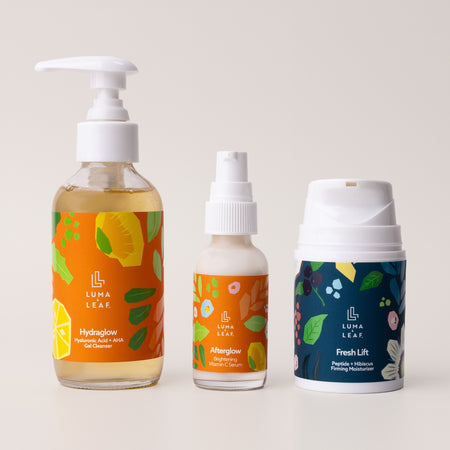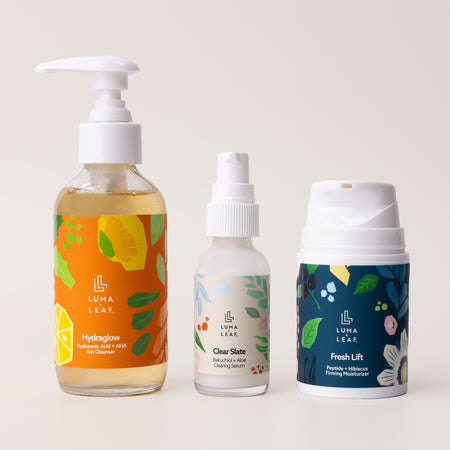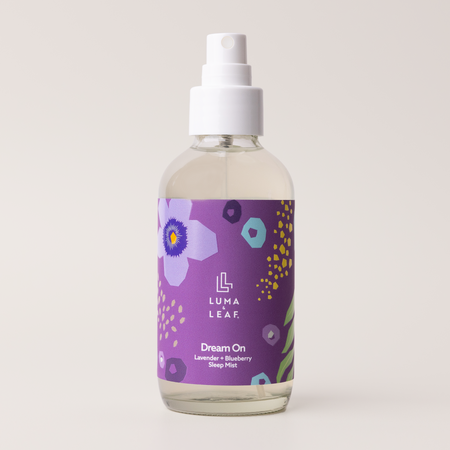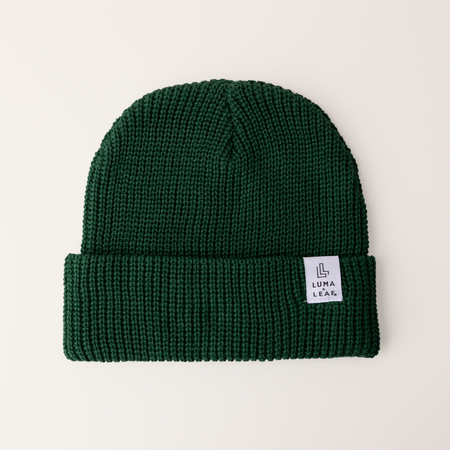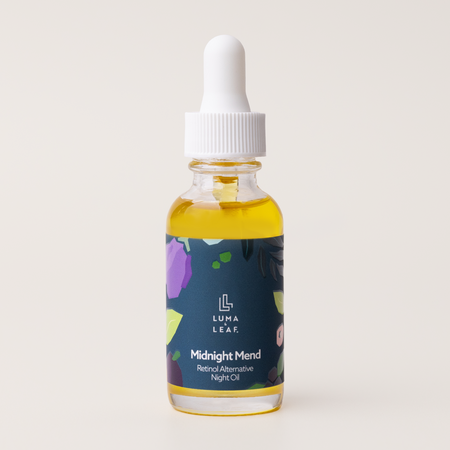Ingredients
Let's get deep. Skin deep.
You don’t need a PhD to know what's good for your skin. Here’s a guide to skincare terms and ingredients on our labels, explaining their origins and benefits. Pure and simple, like our products.
-
Aloe Vera
-
Alpha Hydroxy Acids (AHA)
-
Alpine Rose
-
Artificial Fragrance
-
Bakuchiol
-
Centella Asiatica (or Gotu Kola) Extract
-
Cetearyl Alcohol
-
Combination Skin
-
Cucumber Extract
-
Cystic Acne
-
Dehydrated Skin
-
Double Cleanse
-
Dry Skin
-
Dullness
-
Eczema
-
Electrolytes
-
Emollient
-
Emulsifier
-
Exfoliation
-
Facial Oils
-
Fragrance
-
Free Radicals
-
Fruit Enzymes
-
Glycerin
-
Green Tea Extract
-
Greenhouse Blend
-
Hemp Seed Oil
-
Humectants
-
Hyaluronic Acid
-
Hyperpigmentation
-
Inflammation
-
Jojoba Oil
-
Lactic Acid
-
Mineral Oil
-
Niacinamide
-
Non-Comedogenic
-
Oily Skin
-
Parabens
-
Peony Extract
-
Petrochemicals
-
Provitamin B5
-
Psoriasis
-
Rosacea
-
Rosehip Seed Oil
-
Safflower Oleosomes
-
Sea Buckthorn Oil
-
Sensitive Skin
-
Serums
-
Shea Butter
-
Sodium Hyaluronate
-
SPF
-
Squalane
-
Sulfates
-
Surfactants
-
T-Zone
-
UVA Rays/ UVB Rays
-
Vitamin C
-
Vitamin E
-
Wild Oats
-
Wintergreen Extract
-
Zinc

Doing the Best For Our Skin, Our People, & Our World
CLEAN
INGREDIENTS
ARTIFICIAL
FRAGRANCE FREE
PHTHALATE
FREE
NONTOXIC
SILICONE
FREE
MINERAL OIL
FREE
